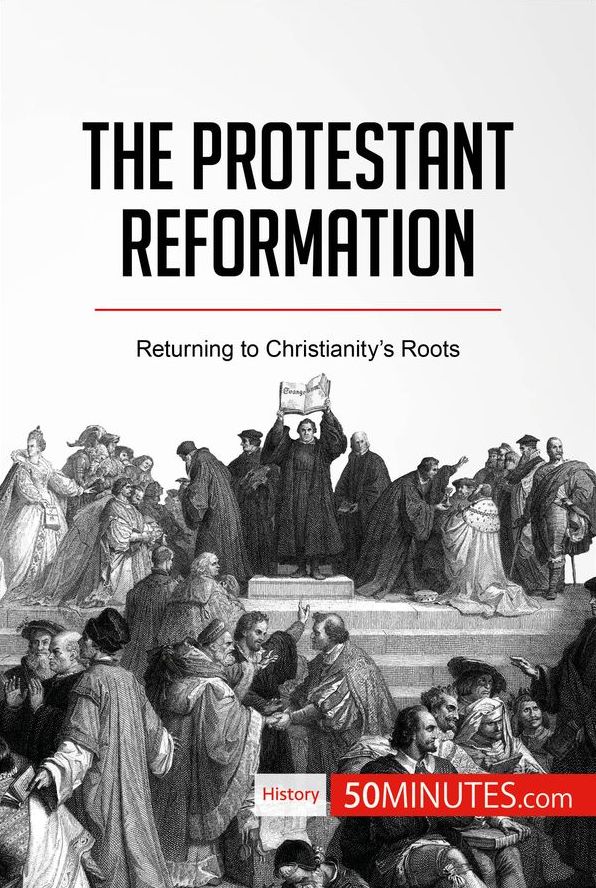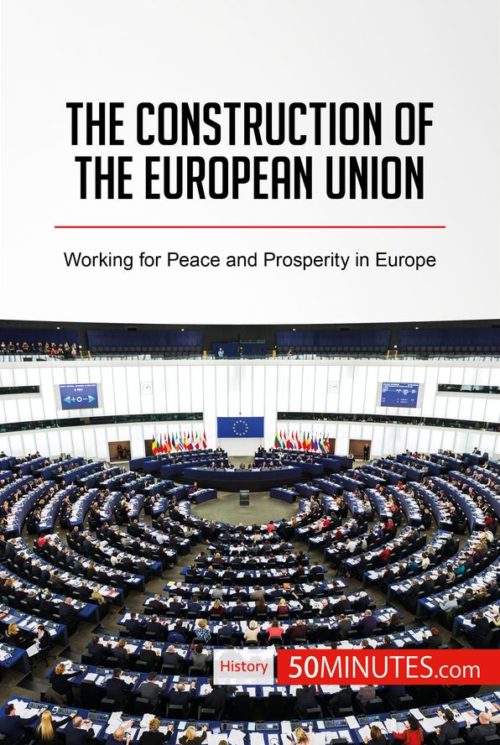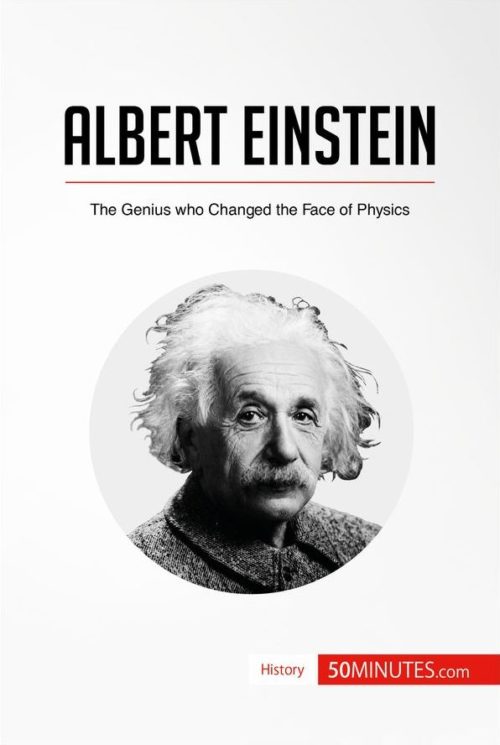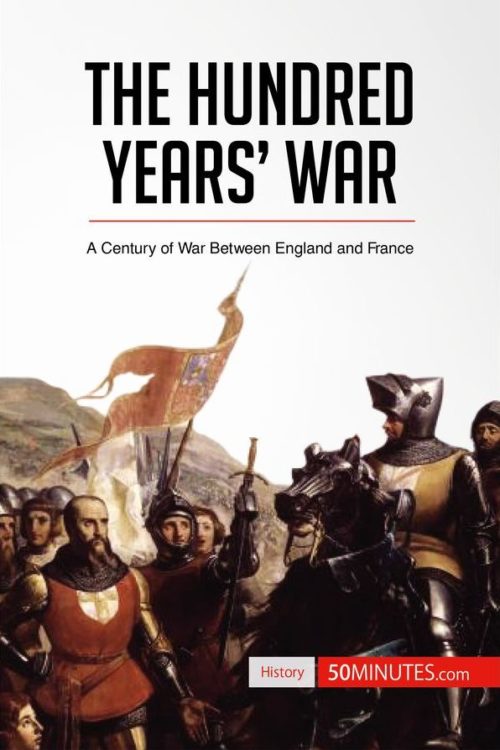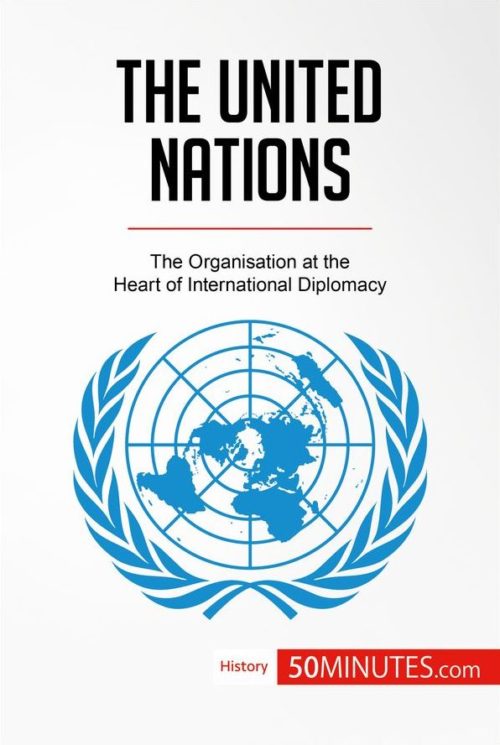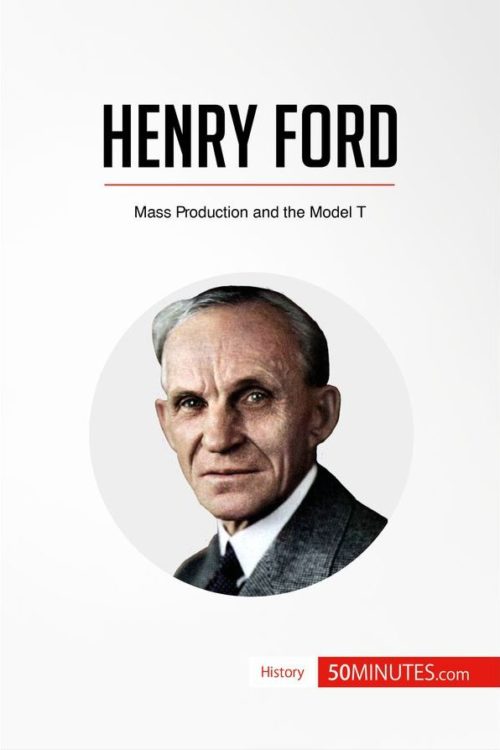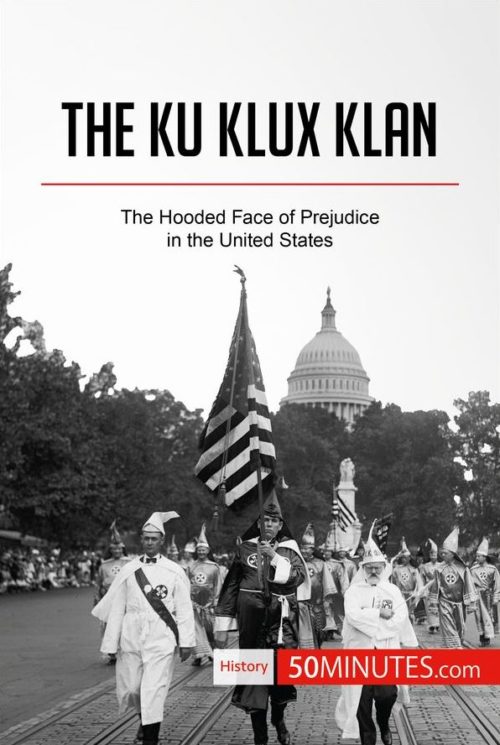The Protestant Reformation
The Protestant Reformation
Read more
The Protestant Reformation was a religious movement that began in the 16th century in response to the perceived abuses and excesses of the Catholic Church, such as the sale of indulgences. Protestantism quickly gained a foothold in numerous countries and principalities throughout Northern Europe, in spite of the increasing threat of religious persecution. In just 50 minutes, you will find out how the Reformation spread so quickly, learn about the various Protestant doctrines which began to appear and gain an understanding of the European wars of religion which broke out in the following decades.
This straightforward and informative book provides a thorough discussion of the events that defined the Protestant Reformation, including the Diet of Worms and the Augsburg Confession. It also features a full biography of the key protagonists, including Martin Luther, John Calvin and Ulrich Zwingli, a valuable introduction to the political, social and religious context and an evaluation of the movement’s impact on the political landscape throughout Europe, giving you everything you need to understand this revolutionary religious movement.
About the Protestant Reformation
Prior to 1517, the Catholic Church was the sole religious authority in Western Europe, and maintained this position by ruthlessly stamping out any heterodox viewpoints or criticisms levelled at it, usually by branding them as heresy. However, the publication of Martin Luther’s 95 Theses sent shockwaves rippling through Europe and sparked a religious revolution known as the Protestant Reformation, which saw numerous European countries break away from the Catholic Church to embrace Lutheranism, Calvinism or Anglicanism. Over the following centuries, numerous conflicts broke out between Catholics and the followers of these three branches of Protestantism, changing the religious and geopolitical landscape of Europe forever.
This clear and accessible 86-page book is structured as follows:
- Introduction to the Protestant Reformation
- Political, social and religious context
- Patchwork Christianity
- The woes of the Catholic Church
- Royal opportunism
- The sale of indulgences
- Key protagonists
- Erasmus of Rotterdam
- Thomas More
- Martin Luther
- Ulrich Zwingli
- John Calvin
- The Reformation
- The Netherlands: Devotio Moderna and the Brethren of the Common Life (1374-1424)
- Germany: Luther and the 95 Theses (1517-1521)
- Evangelism and the principles of Protestant doctrine
- Theological debate on free will (1524-1526)
- Germany: the Augsburg Confession (1530)
- France: the Affair of the Placards and the Edict of Fontainebleau (1534-1540)
- England: the foundation of the Anglican Church (1534-1563)
- Switzerland: theocracy in Geneva (1541-1564)
- Impact
- The wars of religion
- The Catholic Counter-Reformation
- The North-South divide
- Benelux in the eye of the storm
- Summary
Product details
| ISBN | 9782808002608 |
|---|---|
| Publisher | Plurilingua Publishing |
| Series | 50MINUTES.COM – History |
| Format | |
| Pages | 86 |
| File size | 5.9 MB |
